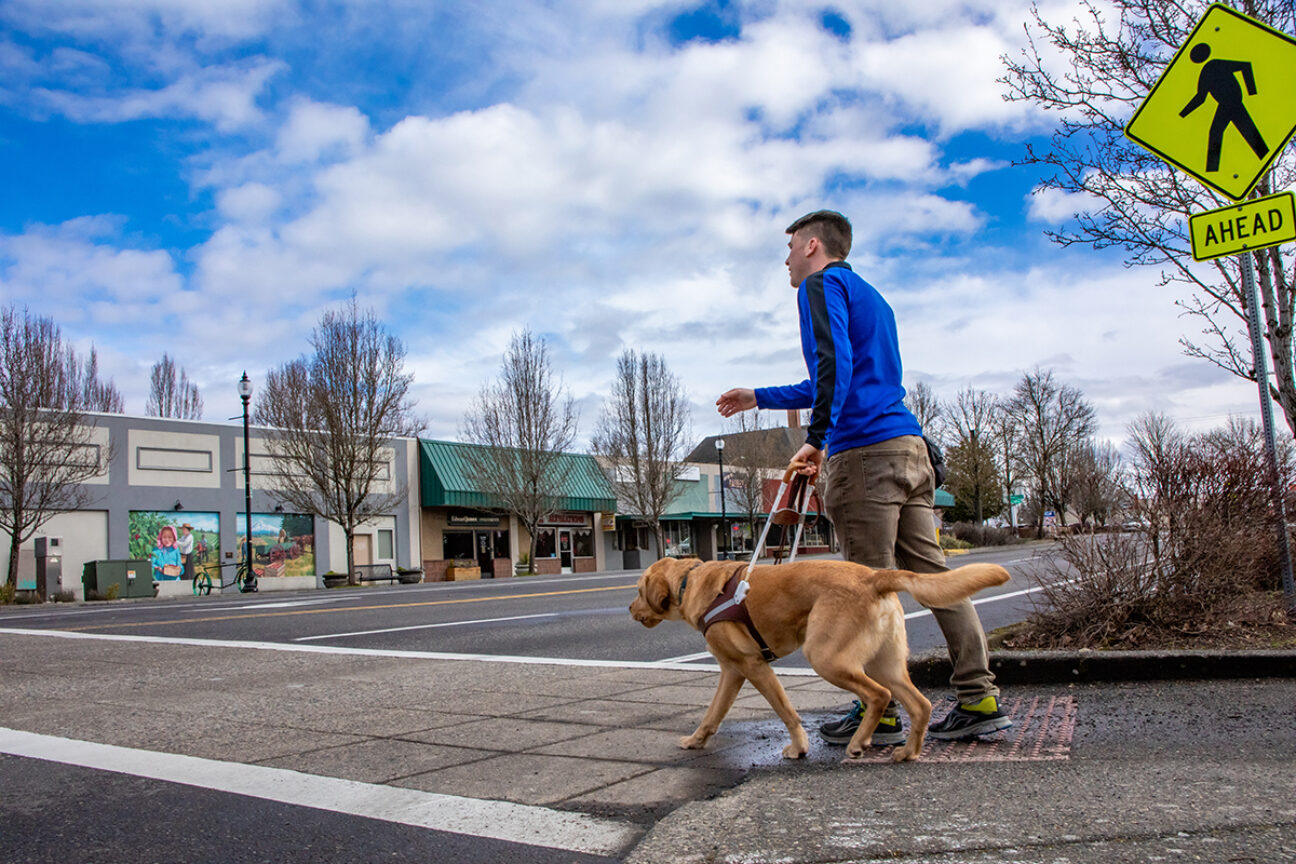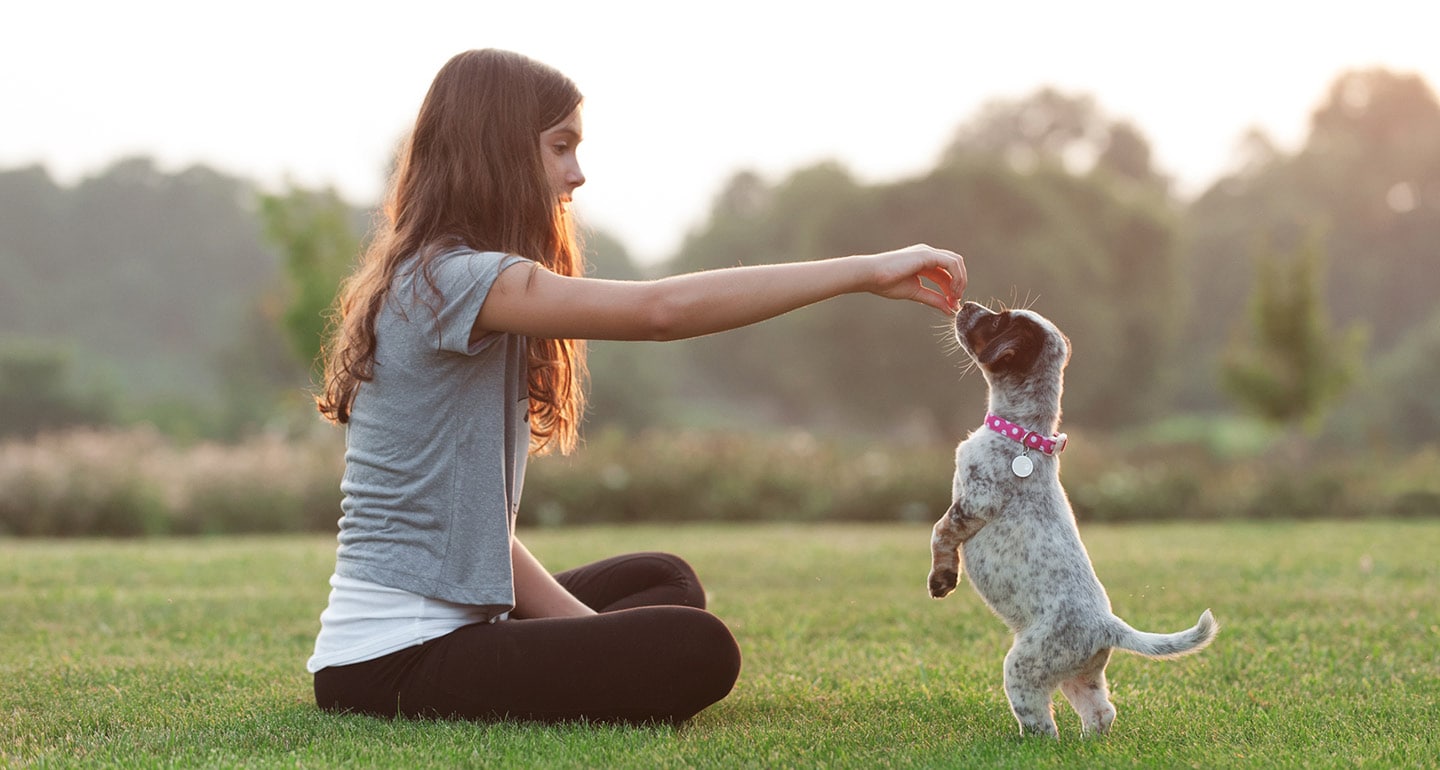Why Dog Training Near Me is Essential for Your Canine Buddy
Why Dog Training Near Me is Essential for Your Canine Buddy
Blog Article
Unlock Your Pet dog's Prospective: Proven Pet Dog Training Methods for Success
Reliable pet dog training is a nuanced process that pivots on comprehending canine behavior and utilizing clinically backed approaches. By integrating positive support, establishing clear commands, and focusing on socialization, pet owners can grow an efficient partnership with their family pets.
Understanding Pet Actions
Comprehending dog actions is necessary for effective training and fostering a positive relationship in between dogs and their proprietors. A detailed grasp of canine body movement, articulations, and social interactions is vital for acknowledging their emotions and requirements. Dogs interact mostly with non-verbal cues; for instance, a wagging tail may show excitement, while pinned ears can indicate fear or entry.

In addition, ecological variables play a substantial function in shaping a dog's actions. Adjustments in regular, new environments, or the visibility of unfamiliar individuals can result in stress and anxiety or anxiety in pets. Acknowledging these triggers makes it possible for proprietors to minimize damaging reactions and develop proper training techniques.
Inevitably, a deep understanding of canine actions lays the structure for successful training methods, boosting both behavior and the overall bond between the pet dog and its proprietor. Dog training. This knowledge is vital for fostering a well-adjusted, pleased canine companion
Favorable Reinforcement Strategies
Effective training depends heavily on positive support techniques, which have actually been revealed to produce substantial results in forming desired habits in pets. This method includes rewarding a canine for showing certain actions, thus raising the possibility that these habits will certainly be repeated. Rewards can take different kinds, including treats, praise, playthings, or play, depending on what motivates the private pet.

It is important to slowly phase out rewards as the pet learns the behavior, transitioning to intermittent reinforcement. This technique maintains the behavior over time while preventing dependency on consistent incentives. By concentrating on favorable reinforcement, trainers can grow a trusting partnership with their dogs, promoting a cooperative and healthy and balanced training atmosphere that improves total obedience and efficiency.
Establishing Consistent Commands
A fundamental facet of successful pet dog training is the facility of consistent commands. Uniformity in commands is essential for efficient interaction between the canine and the fitness instructor. When commands are consistent, dogs discover to link specific words with preferred habits, which increases the training process and improves understanding.
To develop constant commands, it is vital that all household participants use the same terminology and gestures. As an example, if a single person makes use of "sit" while another says "take a seat," it can produce complication for the pet. Select clear, distinctive words for commands and make certain everyone involved in the dog's training adheres to these choices.
Enhance commands via regular method, guaranteeing that the canine receives ample opportunities helpful hints to react appropriately. When a pet efficiently complies with a command, instant positive reinforcement ought to follow.
Lastly, be patient. Developing constant commands takes some time and effort. With dedication and clarity, you will aid your pet dog establish a solid understanding of assumptions, ultimately leading to a mannerly buddy.
Socialization and Direct Exposure
Interacting socially a dog is essential for cultivating a well-adjusted and certain friend. This process involves subjecting your dog to a variety of settings, people, and various other animals to develop their social abilities and adaptability. Early socializing, ideally between the ages of 3 to fourteen weeks, is important, as it lays the groundwork for a dog's future habits.
During socializing, aim to give positive experiences in various settings, such as parks, active streets, and homes with various other pets. Introduce your dog to different stimulations, consisting of audios, sights, and smells, ensuring that each experience is satisfying. This exposure aids reduce concern and stress and anxiety, leading the way for a much more resilient pet dog.
Involving in controlled team play sessions with various other dogs can likewise boost social abilities, instructing your family pet ideal interactions and limits. Constantly check your dog's comfort level during these experiences, slowly raising direct exposure as their self-confidence expands. Remember, the goal is to produce a well-rounded animal that flourishes in diverse scenarios, advertising an unified relationship with both people and other pets. Focusing on socializing will significantly contribute to your dog's general joy and habits throughout their life.
Overcoming Common Training Challenges

One more constant issue is disturbance. Pet dogs might struggle to concentrate in strange or busy setups. Gradually desensitize your canine to disturbances by starting training in a peaceful setting and gradually introducing more stimulations as they come to be competent (dog training charlotte). Positive reinforcement methods, such as deals with and appreciation, can maintain motivation and focus.
In addition, behavior problems like leaping or too much barking can come to be frustrating. Address these by teaching alternate habits, such as sitting smoothly when greeting guests. Uniformity and perseverance are essential; reinforce desired behaviors regularly and prevent abuse, which can bring about confusion.
Lastly, recognize that each dog is distinct, and training timelines may vary. Tailor your method to your pet dog's private needs, and seek specialist guidance if required. With determination and the ideal methods, getting rid of these difficulties can result in a well-trained, pleased canine companion.
Conclusion
To conclude, opening a canine's potential demands an extensive approach that incorporates an understanding of canine actions, the application of positive reinforcement strategies, and the facility of constant commands. Early socialization and direct exposure to Look At This diverse environments better boost a canine's flexibility and confidence. By addressing typical training challenges with customized strategies and perseverance, a cooperative and unified relationship between pet and handler can be cultivated, ultimately causing a well-behaved buddy with the ability of flourishing in numerous situations.
Efficient pet training is a nuanced process that pivots on understanding canine behavior and using clinically backed approaches.Understanding pet dog behavior is essential for efficient training and cultivating a favorable relationship between pet dogs and their proprietors.Effective training depends greatly on favorable support techniques, which have been shown to produce substantial outcomes in shaping desired habits in pet dogs. When commands are consistent, pets learn to associate particular words with preferred actions, which increases the training process and enhances understanding.
In conclusion, unlocking a canine's prospective demands a thorough approach that incorporates an understanding of canine behavior, the application of positive reinforcement techniques, and the establishment of consistent commands.
Report this page